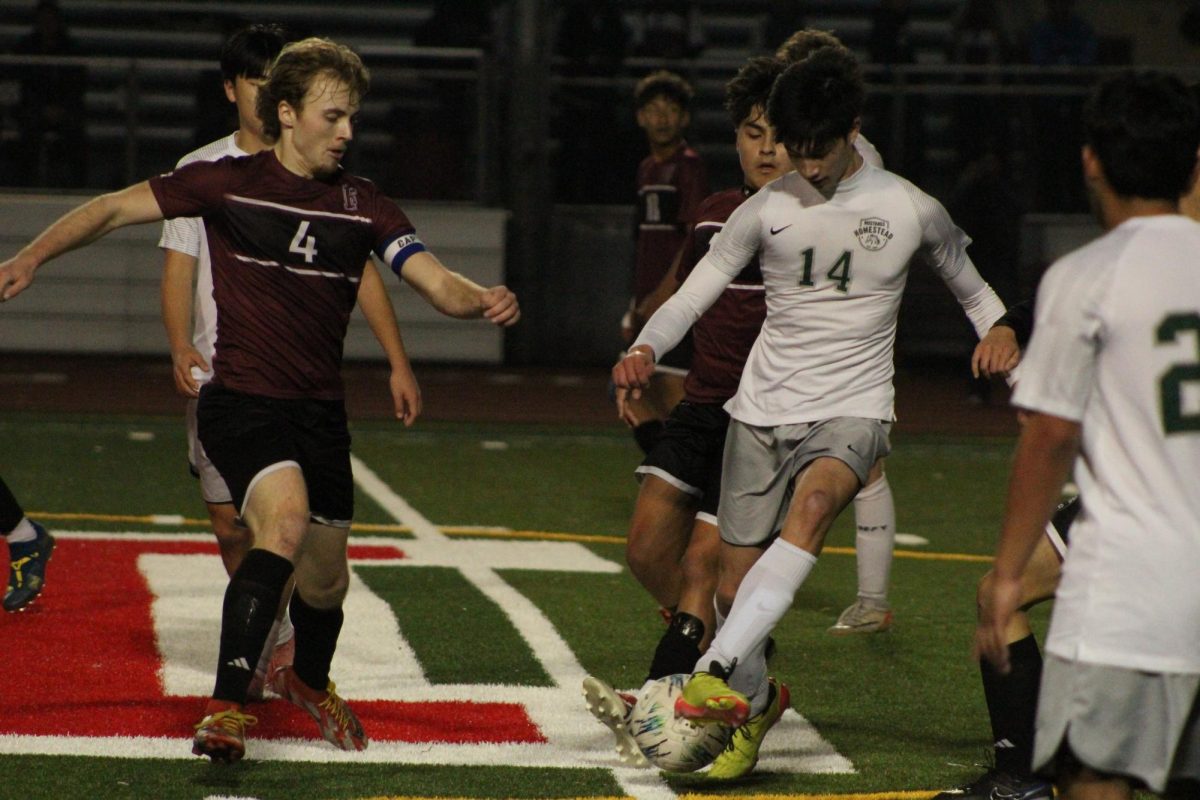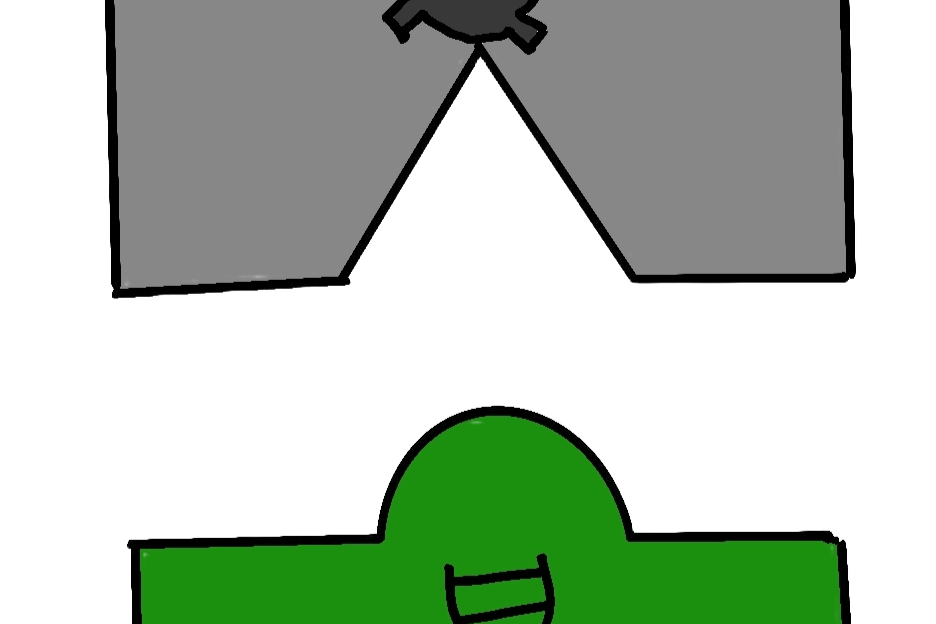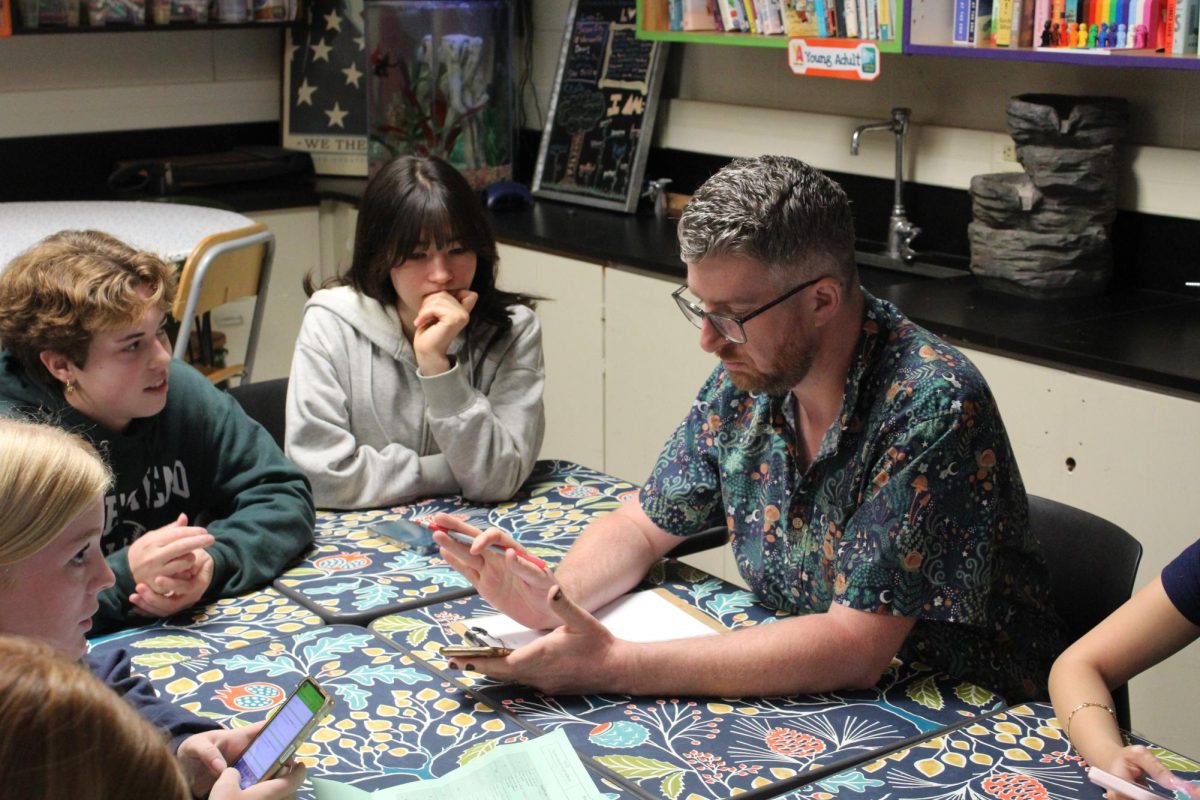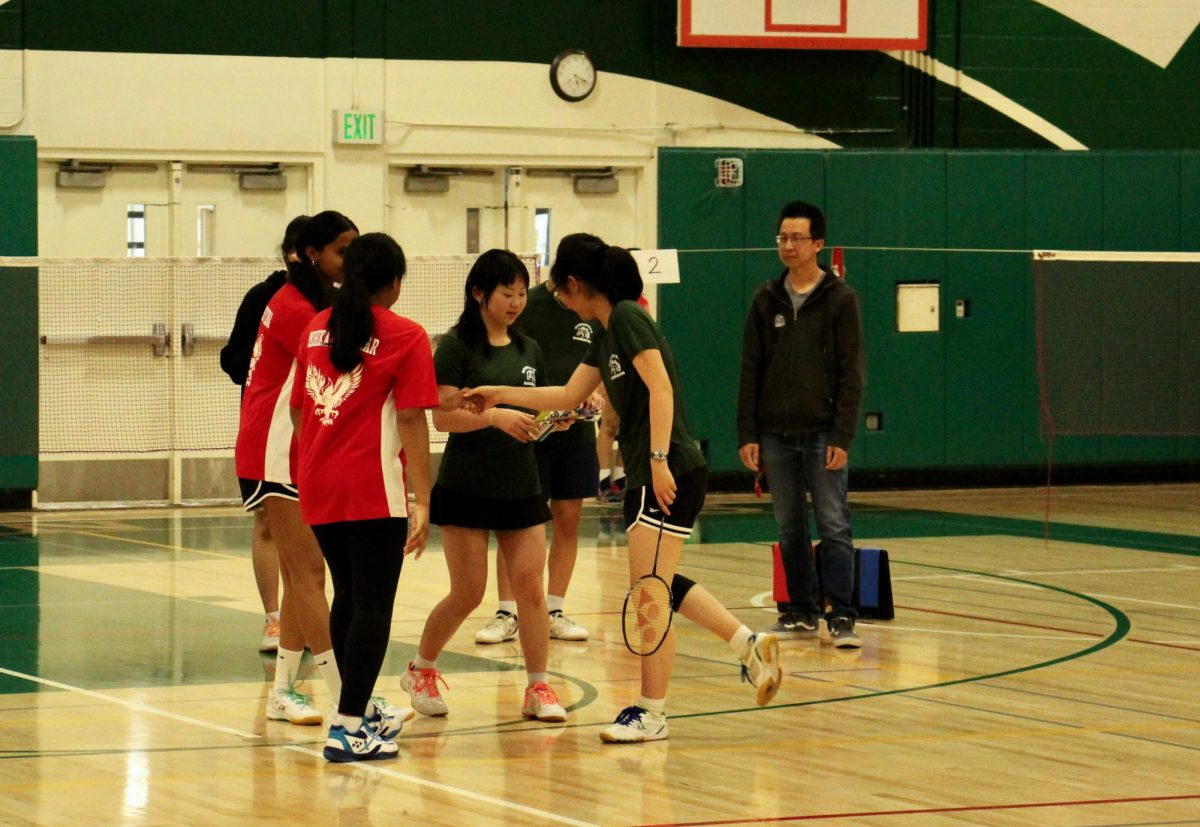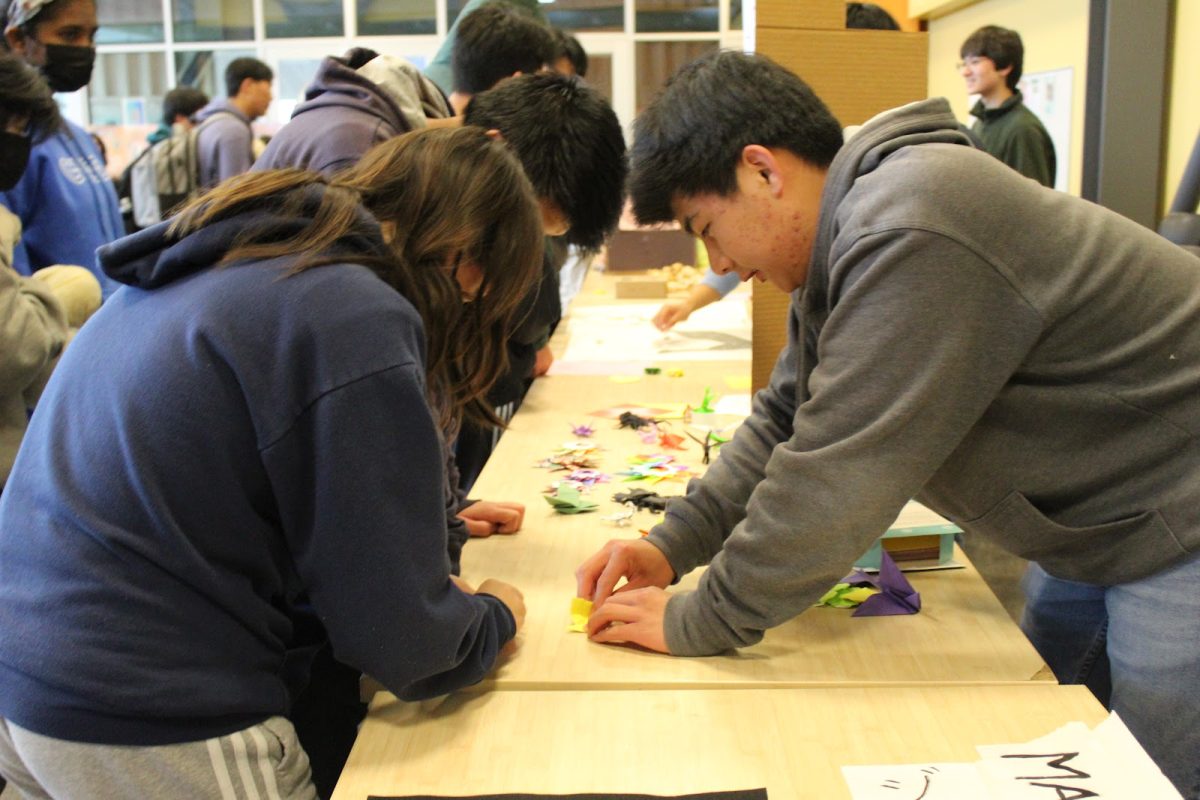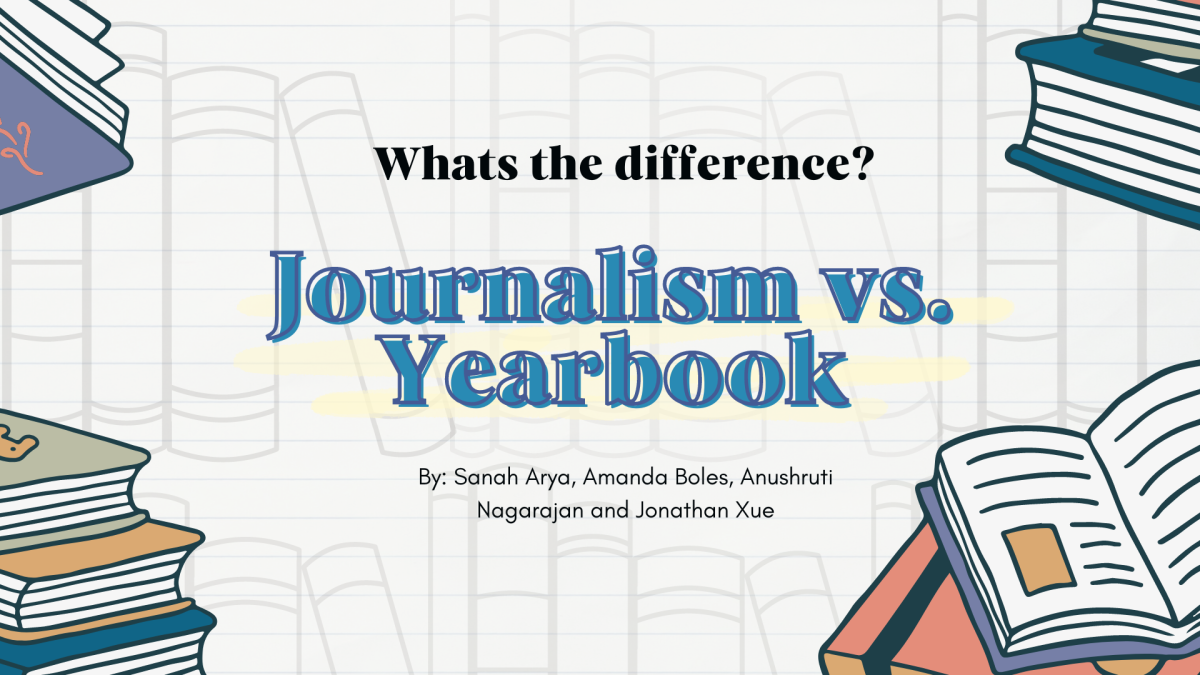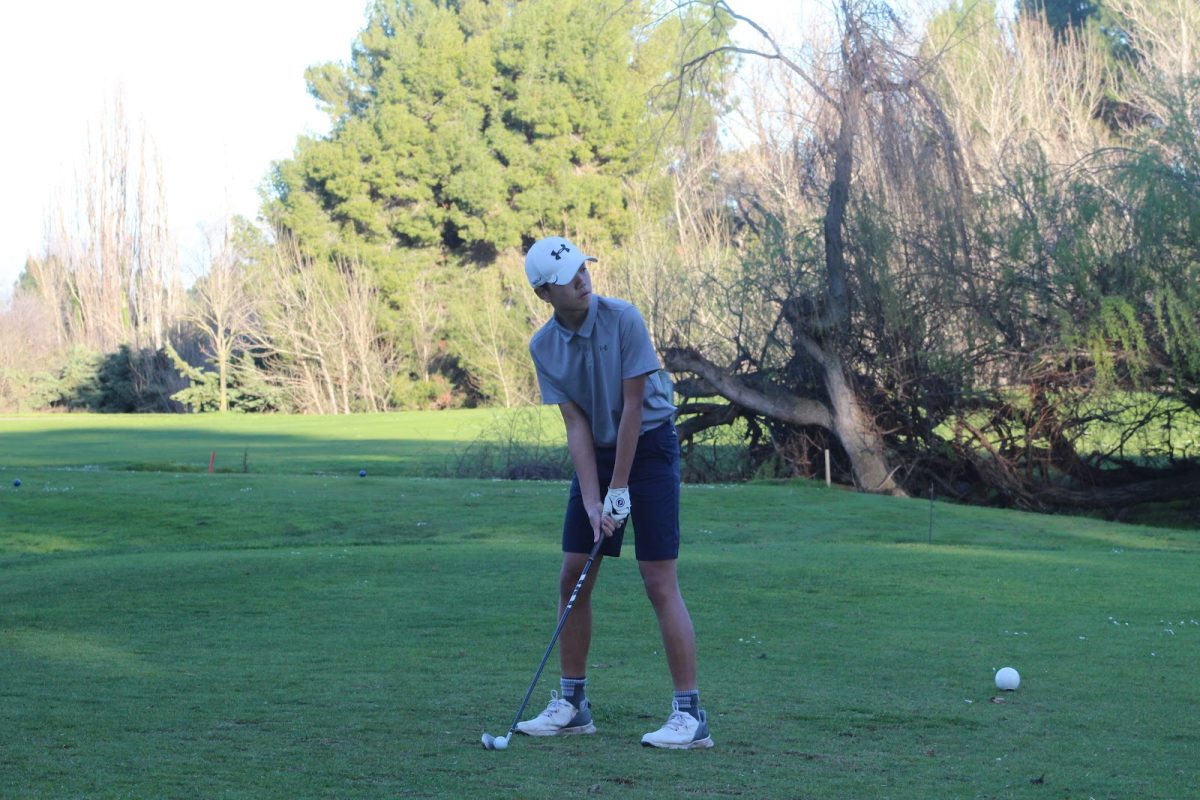In addition to playing tennis for the school team, many players also decide to test their skills in broader local and national tournaments, varsity singles player, sophomore Aaron Huang said. Although fundamentally the sport is the same, Huang said there are still several meaningful differences between tennis at school and outside of school.
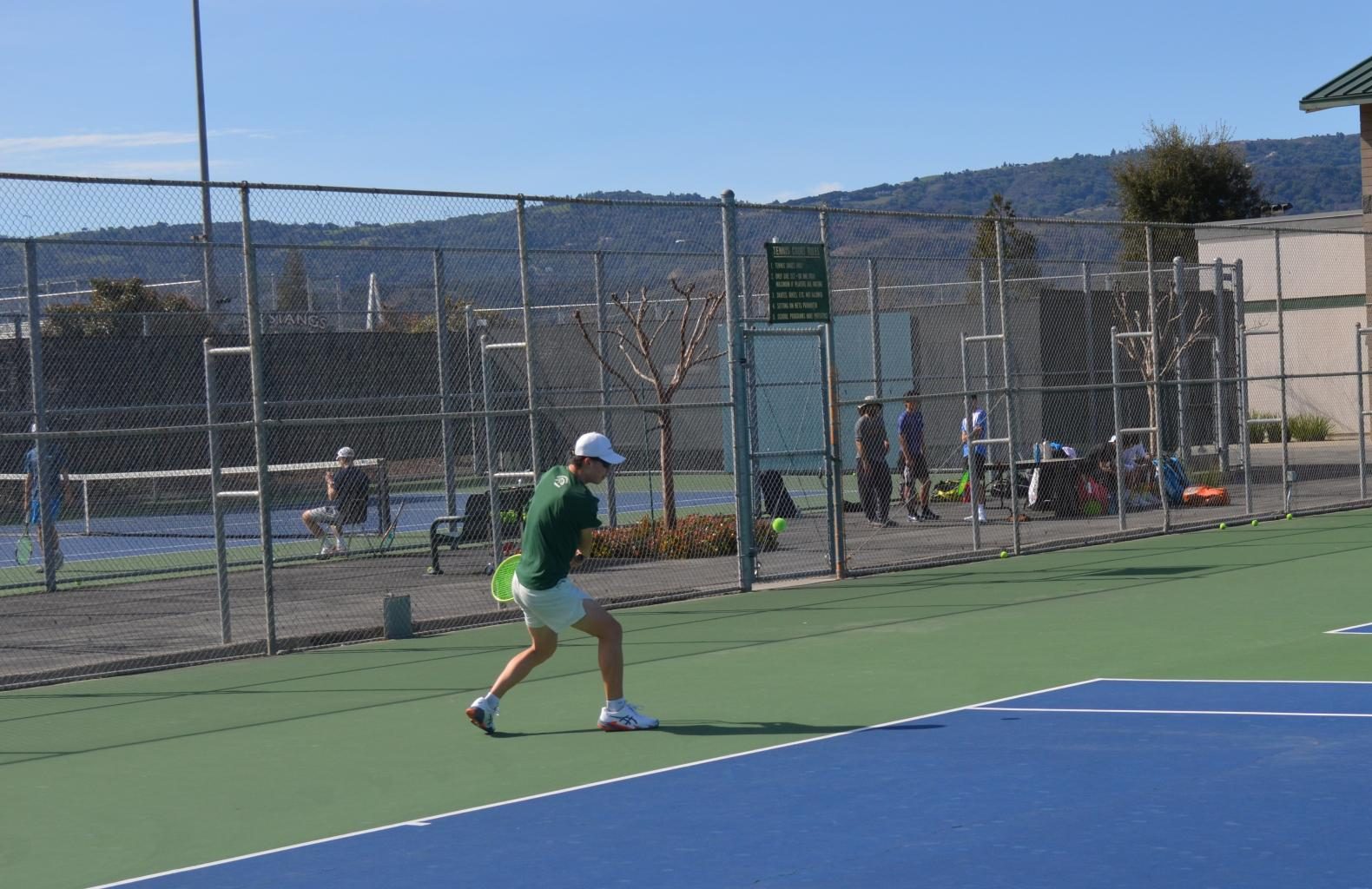
As a frequent competitor, Huang, who is ranked 149th in the national class of ‘27, said he finds that tournaments outside of school are significantly more competitive, whereas playing for the school tennis team is more enjoyable.
“[The school team] is more about being a team and having your doubles be very strong so you can win as a school,” Huang said. “Because individual, [outside of school] performances count for rankings and coaches see that, everyone’s very ultra-competitive. You see people screaming and trying to get into each other’s heads, which makes it a very different experience.”
Due to being more intense, varsity boys tennis coach Sundar Parthasarathy said the atmosphere of individual tournaments can help players improve at faster rates.
“When you’re outside [of school], you’re on your own,” Parthasarathy said. “You have to be mentally strong. There’s no coach to help you in a match, so all the thinking you have to do is on your own.”
By contrast, Parthasarathy said the school tournaments are less stressful on players, as teammates can cheer and provide mental support for one another throughout the matches.
“There are still individual matches, but if you lose your match, you can still depend on your teammates to get a point,” Parthasarathy said. “There’s a component of being with others to help you out and to give you that camaraderie.”
Similarly, varsity doubles player, sophomore Justin Xuan said playing in tournaments outside of the school team can feel isolating, but provides great opportunities to rapidly grow and win awards. However, due to the significant effort needed to achieve success in these tournaments, Xuan said he has transitioned solely to school tennis to free up time.
“Honestly, I enjoy playing on the team more because I have more people cheering me on, and there’s a sense of team spirit,” Xuan said. “For competitive tennis, I’m at the stage where, without significant time commitment, I can’t meaningfully improve.”
Despite the high time commitment, Xuan said he still recommends individual tennis for less experienced players, who can benefit from the ranking system and progression of competitive play. For him, competitive play has provided important foundational skills and a strong mindset, Xuan added.
“It’s a lot easier for newer players to rise up the rankings and improve. You just need to get used to the sport, and after that, you can get really good at it,” Xuan said. “You can improve very quickly if you just put in the time.”
Even with the two settings being very different, Huang said he has still made many close friends and found a sense of community in both environments, which has helped him to improve his skills.
“The friends I’ve made in the school team [are] really great. They’re encouraging and want to see me play well in individual tournaments,” Huang said. “Also, the people I’ve met at individual tournaments have become my close friends, and we do high-intensity practices, which have really helped us improve.”




